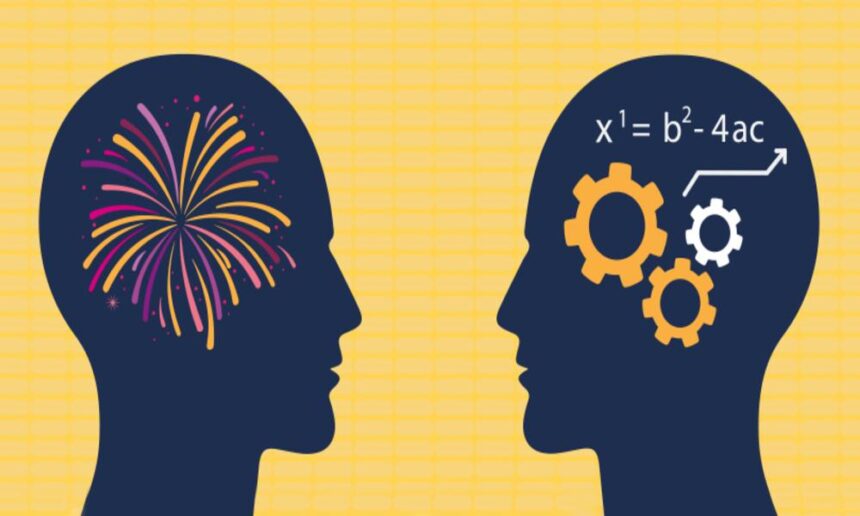Your salary not only goes to your family, but also to the government. The government automatically receives 11 per cent of your salary from your employer, 10 per cent for social insurance, and another 10 per cent of what’s remaining for personal income tax (with a subsidy of 7,000 MNT). If your job pays you the national average wage of 950,000 MNT, it means you actually receive 776,500 MNT, because the government takes 173,500 MNT from you and another 104,500 MNT from your employer. Although your salary is said to be 950,000 MNT, the actual value of your wage is 1,054,000 MNT, which is the amount that is coming from your employer to compensate for the job you are doing. It simply means that the difference, which is one quarter of your wage, goes to the government.
Tracing one fourth of your salary
Not everyone knows or takes an interest in what the government does with one quarter of everyone’s wage. It is mainly because this money is largely paid by the employer, not employees, in Mongolia. In highly developed countries, individuals pay these taxes directly. This allows people to be more aware of how much money they are paying for social insurance and how their pension fund is doing. Therefore, people expect to receive services worth what they have paid. People may also choose to obtain health and pension insurances for better protection from risks.
If Mongolians started paying taxes directly, there would be a change in people’s behaviour and everyone would assume greater oversight on the government and make expectations clearer. This would lead to increased responsibility on the government’s part, which helps to bring down inefficient spending and reduce corruption. It would also mean bankruptcy or privatization for state-owned companies who are currently making up their deficits with taxpayers’ money. In short, all the land under the government’s ownership would have clear owners. If these things happen, we would have stronger governance, and our economy would revive.
Scholars have done extensive research on how individual behaviours make a significant impacts on the economy. We now have a new field of study – behavioural economics – which is where psychology and economics meet.
Behavioural Economics
American psychologist Daniel Kahneman received the 2002 Nobel Prize in Economic Sciences. Neoclassical economics, which is a big part of mainstream economics, argues that people always make rational decisions. In contrast, behavioural economics considers that people’s decisions are more influenced by psychological factors, and that decisions are not always rational.
Richard Thaler, who is another behavioural economist, won the 2017 Nobel Prize in Economic Sciences. His book titled “Misbehaving: The making of behavioural economics” has proved that human behaviours do impact the economy. For example, people value what they have more than they would have if they had not had it. Also, when people see an expensive item that they need, they don’t make the decision to purchase it because they think it is unfair. Another human behavior is that – when people start putting money away from their salary into a savings account – they do not touch their savings. Similarly, if people don’t put their salary into savings, they have a much stronger likelihood of spending it all.
According to this theory, if Mongolians started getting all of their salary and began to pay taxes and insurance fees directly, we would start attaching more value to the one quarter of our salary and care more about what it is being spent on.
This change in behaviours would bring about a revolutionary change in what our democracy is lacking today – achieving civic engagement and strengthening our civil society.
If people provide adequate oversight on the government they elected, we would be able reduce inefficient spending, remove roadblocks to the free market, allow everyone greater opportunities to take part in the economy, and open the door to overcoming poverty.
When countries have a strong civil society, there is much more civic engagement in government decisions, and a strong system of oversight and accountability. We are currently lacking a strong civil society and oversight on public governance, which is allowing politicians to do business through the government, obtain personal gains, and misuse public funds.
2017.10.25
Trans. by B.Amar












